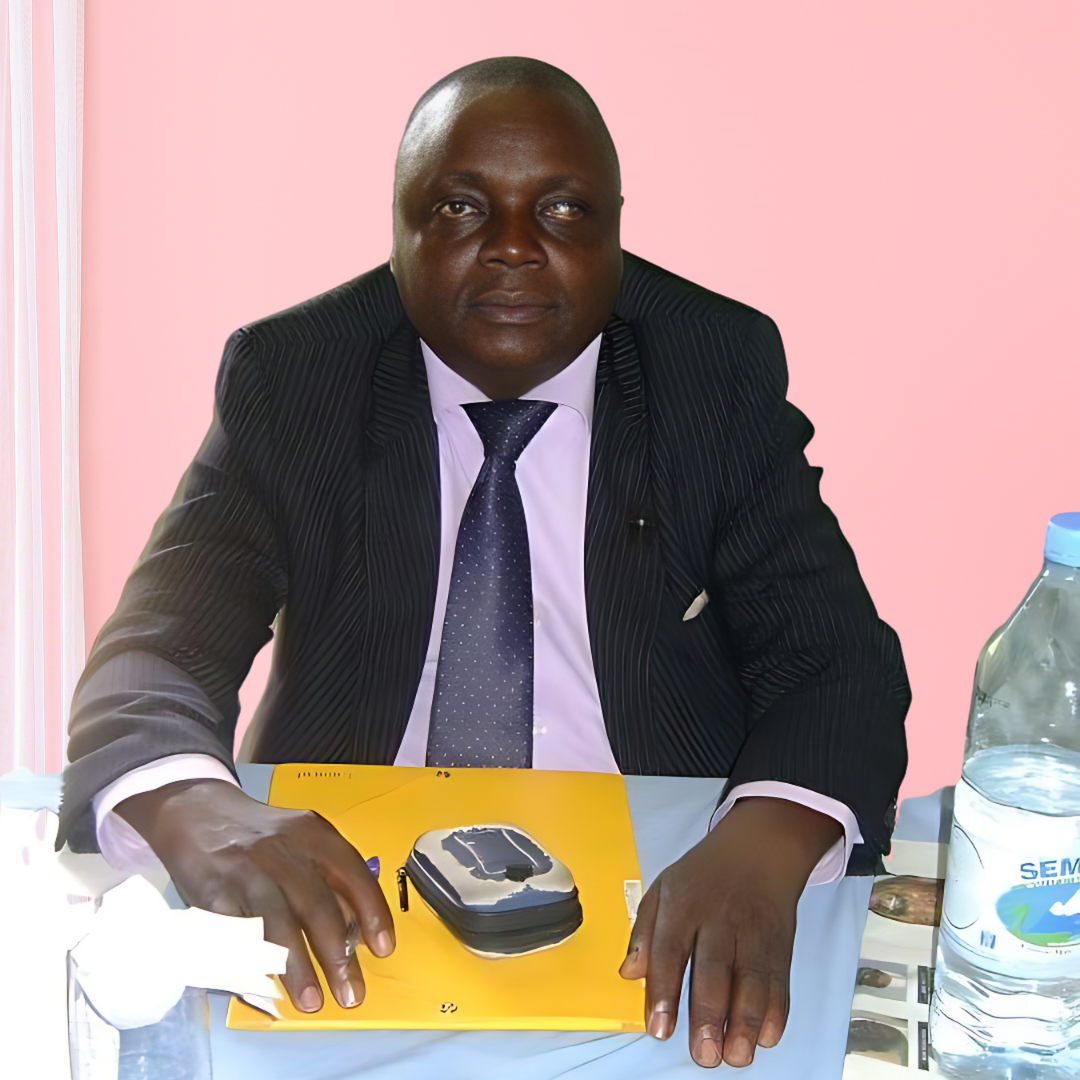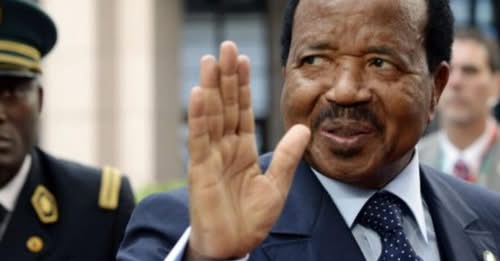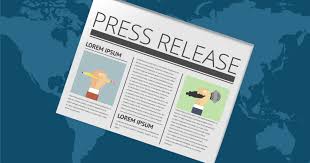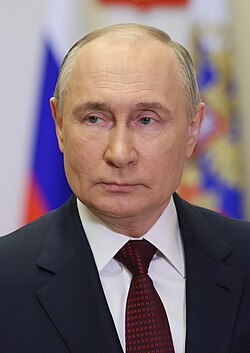ICC Receives Complaint Against Cameroon’s President Paul Biya for Crimes Against Humanity
The office of the Prosecutor of the International Criminal Court (ICC) has received an official complaint against Cameroon’s President, Paul Biya, for crimes against humanity. The complaint, submitted by the Pan African Forum, documents evidence of crimes committed against Cameroon’s English-speaking minority population.
Background of the Complaint
The complaint highlights a series of human rights violations and atrocities allegedly committed by state forces under President Biya’s regime. These violations include extrajudicial killings, torture, arbitrary arrests, and the destruction of property in the North West and South West regions of Cameroon. The conflict, which began in 2016, has escalated into a full-blown crisis, with thousands of civilians caught in the crossfire between government forces and separatist groups.
Submission to the ICC
The Pan African Forum submitted the complaint to the ICC’s Office of the Prosecutor, urging the court to investigate and hold President Biya accountable for the alleged crimes. The submission includes detailed evidence, such as eyewitness testimonies, video footage, and reports from human rights organizations documenting the abuses.
ICC’s Response
The ICC has acknowledged receipt of the complaint and stated that it will conduct a preliminary examination to determine whether the case falls within its jurisdiction. The court’s mandate, as outlined in the Rome Statute, allows it to prosecute individuals for genocide, war crimes, and crimes against humanity if national authorities are unwilling or unable to do so.
Reactions and Implications
The submission of the complaint has sparked significant reactions both domestically and internationally. Human rights organizations and opposition parties in Cameroon have welcomed the move, calling it a step towards justice for the victims of the conflict. However, the Cameroonian government has dismissed the allegations, labeling them as politically motivated and baseless.
Historical Context
The conflict in Cameroon’s English-speaking regions stems from long-standing grievances over marginalization and discrimination by the predominantly French-speaking government. The crisis escalated in 2016 when lawyers and teachers in the Anglophone regions protested against the imposition of French in courts and schools. The government’s heavy-handed response to the protests led to widespread violence and the emergence of armed separatist groups seeking independence for the Anglophone regions.
Current Situation
As the conflict continues, the humanitarian situation in the affected regions remains dire. Thousands of people have been displaced, and many have sought refuge in neighboring Nigeria. The international community has repeatedly called for dialogue and a peaceful resolution to the crisis, but efforts to mediate have so far been unsuccessful.
Conclusion
The submission of the complaint to the ICC marks a significant development in the ongoing conflict in Cameroon. While it remains to be seen whether the court will proceed with a full investigation, the move has brought renewed attention to the plight of the English-speaking minority and the need for accountability and justice.





